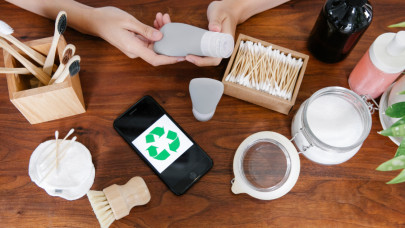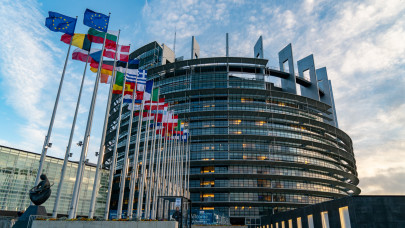Mapping innovation: 10+ CEE companies accelerating sustainability in FMCG
In the face of mounting environmental challenges, the FMCG sector is using innovation to reduce ecological impact and cultivate consumer trust. In this article, we explore key innovations for FMCG led by entrepreneurs in Central and Eastern Europe, such as alternative packaging materials and low-carbon protein alternatives.






